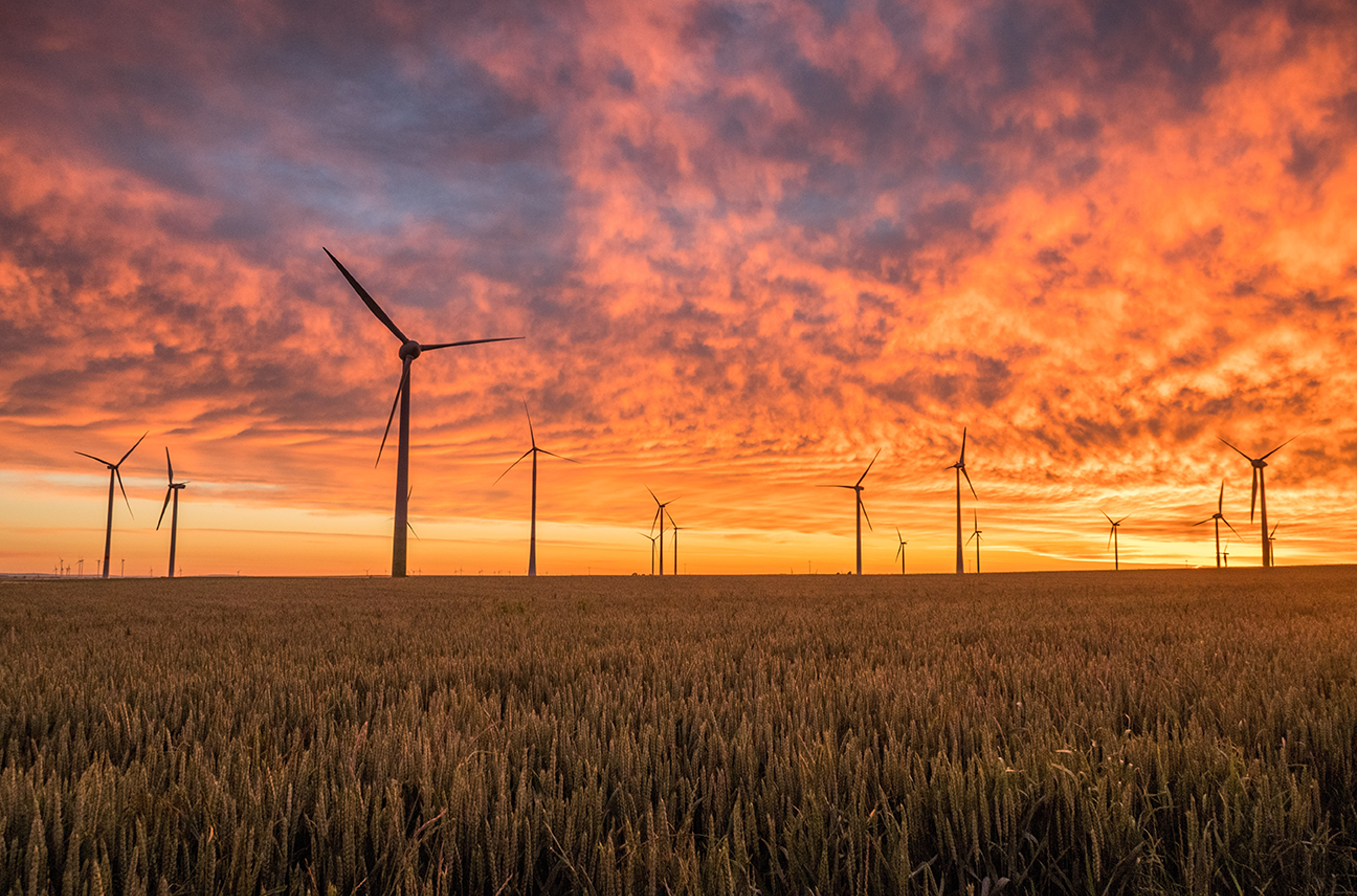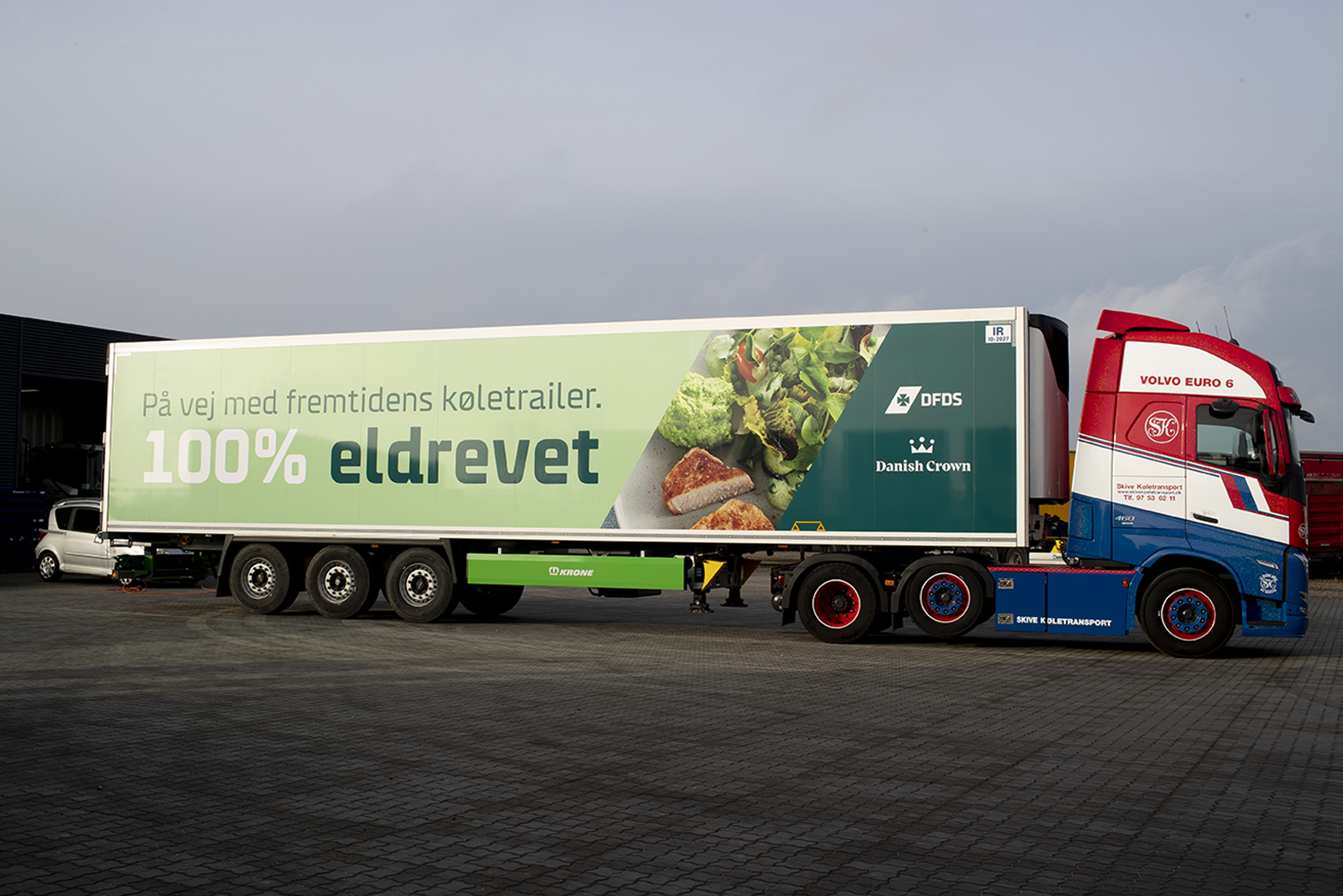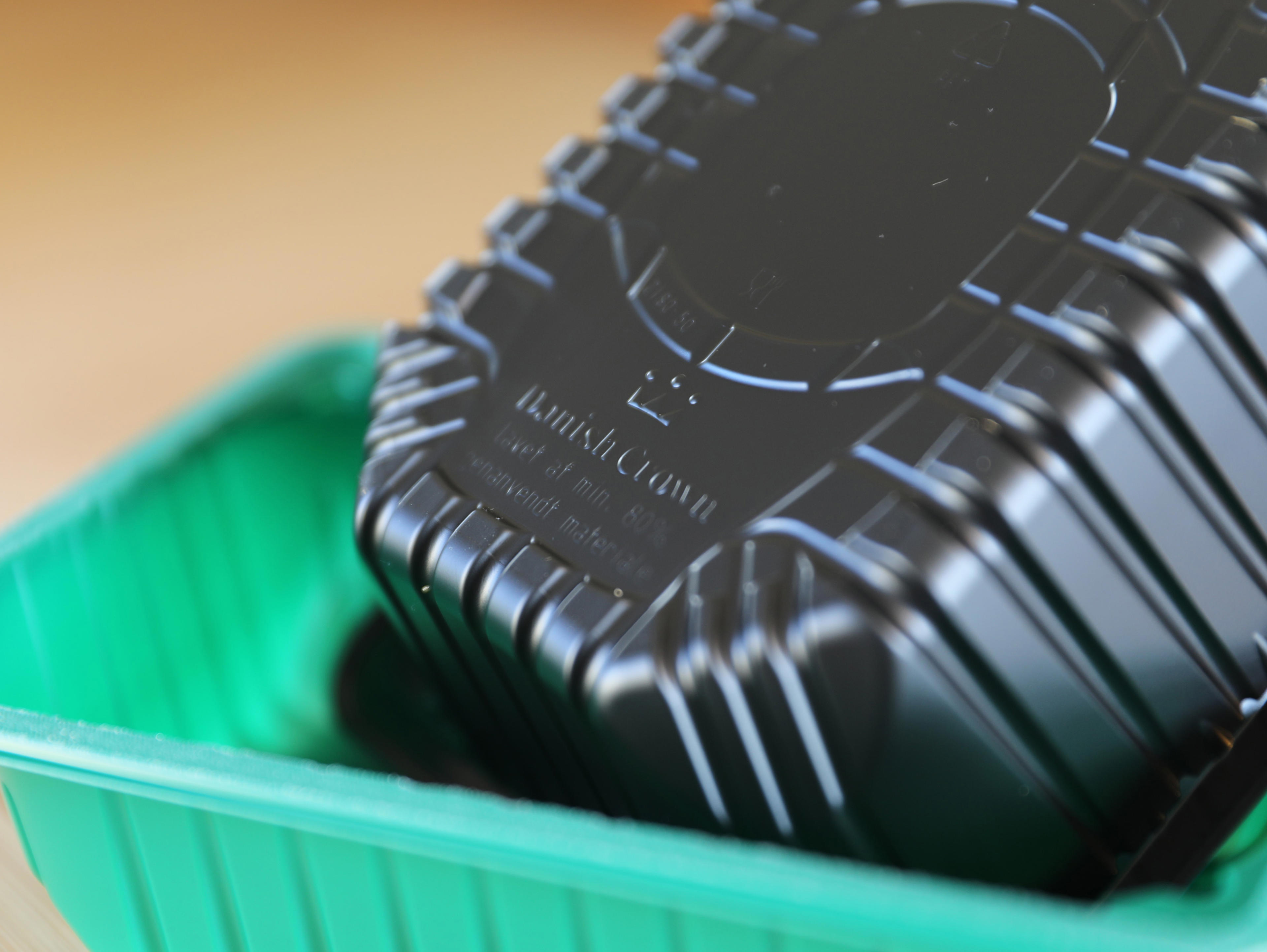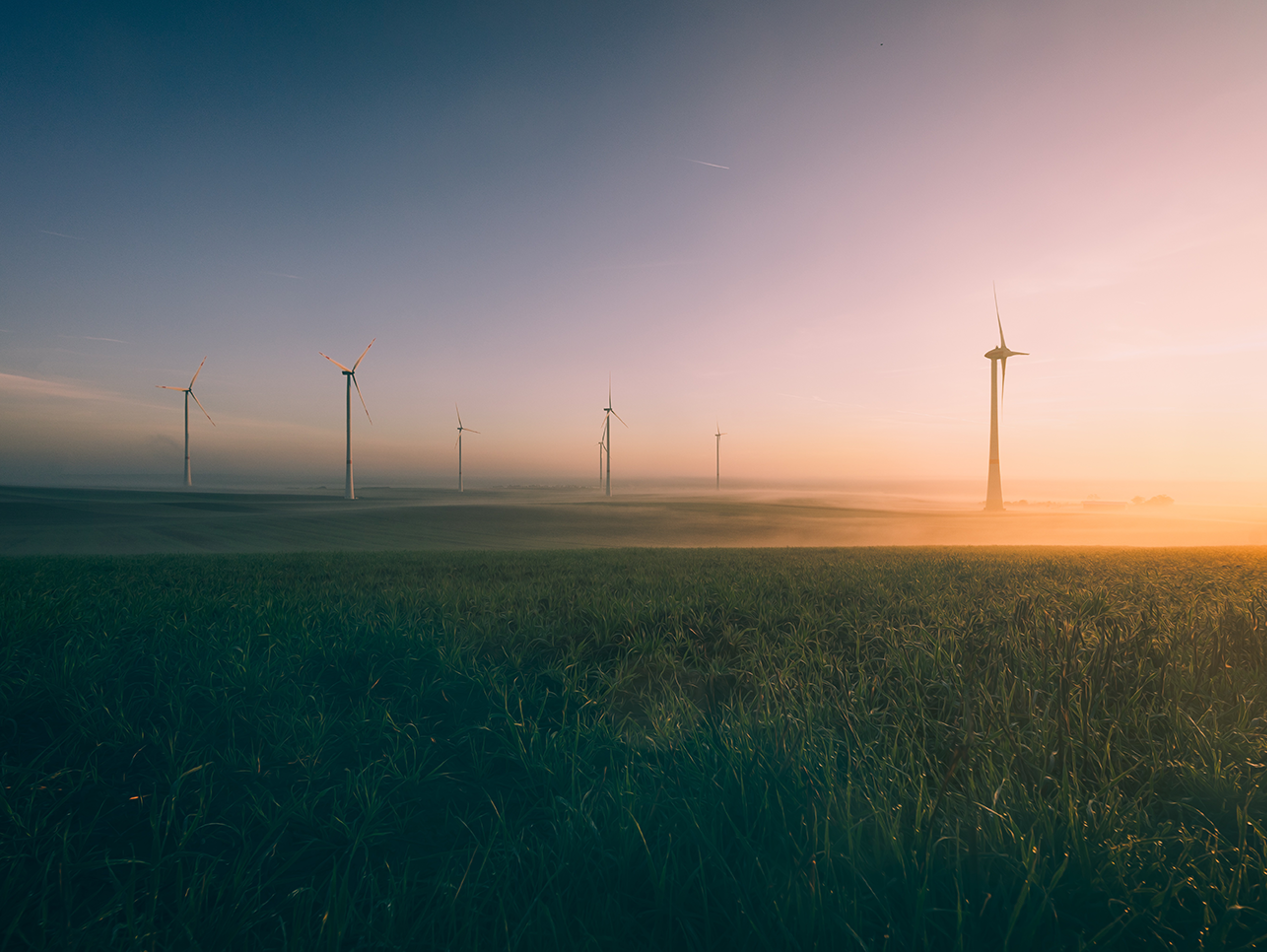We work consistently to optimise production processes and reduce energy consumption at our production facilities to support our target of reducing our emissions from production and logistics.
This is also why we have committed to the Science Based Target initiative (SBTi), where we got our near-term targets approved in November 2022. Read more on our ambitions and work with SBTi here.
More renewable energy
We aim to increase our use of renewable energy and to reduce our reliance on natural gas.
Our investment in using more renewable energy comes in all shapes and sizes and take place in all our business units. One example is our investments in solar panels at selected DAT-Schaub and Sokolów facilities. Another is ESS-food who have agreements with their energy suppliers ensuring that their two largest offices are covered by electricity from renewable source.
We also consider possibilities to substitute natural gas with other energy sources across our processing facilities. You can read more about our different initiatives within climate and energy in our Annual Report.

New solution for energy consumption
Most of our processes cannot be electrified on a large scale using current technologies. Therefore, we engage in pilot projects, for example in the OHMIC project (Ohmic Heating for the Food and Feed Industry). The project investigates whether the cooking of sausages and other food products can be done through the electric process, Ohmic Heating, which uses significantly less energy than today’s steam boiling. It is led by the Danish Technological Institute.
Focus on logistics
Logistics is the second-largest source of our scope 3 emissions. We have a long-term partnership with three large Danish companies to develop a transport corridor for food from Denmark to the UK by 2030 which enables transport with a reduced climate impact compared to the transport options of today.You can read more about the agreement here.

Transitioning to fossil-free transport
In recent years, KLS has been transitioning to 100 per cent fossil-free transport. Today, all carriers for outbound transport from our Swedish production facilities use 100 per cent fossil-free fuels such as biodiesel, biogas or electric vehicles.
Reducing the climate impact of transport requires not only renewable fuels but also smart planning and transport loops, innovative technologies and solutions, and collaboration at all levels of the transport chain.
Together with an external carrier, KLS has identified optimal transport routes for using electric vehicles.
Biomass may strengthen our circularity
Biogas is set to play a vital role in the global green transition, and biomass has become a highly demanded asset. Danish Crown generates large amounts of biomass from sludge, gastrointestinal contents, by-products which are not suitable for feed, etc.
In 2023 we concluded a strategic agreement with the biogas company Bigadan where Danish Crown sells its biomass in return for access to significant amounts of green energy for our Danish production facilities. The agreement includes an option to receive biomass for biogas, biofuels, food-grade, CO2 origin guarantees, etc. You can read more about the agreement here.

